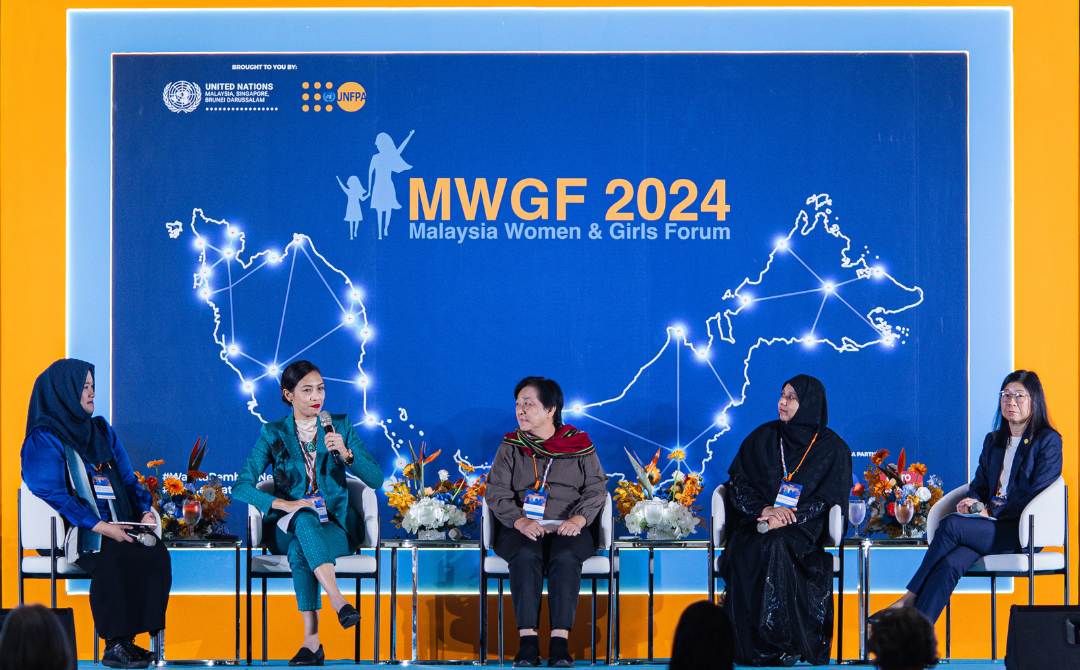Practice of child marriage a national shame – Latheefa
She noted that some states, such as Selangor and Kedah, have raised the minimum age for marriage, but successive federal administrations have lacked the political will or moral courage to abolish the practice nationwide.

SHAH ALAM – The practice of marrying females under the age of 18 in certain states remains deeply concerning, drawing sharp criticism from Latheefa Koya, co-founder and advisor of Lawyers for Liberty, who labelled it a ‘national shame.’
Latheefa pointed out that Malaysia has ratified the Convention on the Rights of the Child and passed the Sexual Offences Against Children Act 2017, which criminalises the grooming of children.
However, she claimed that there has been no corresponding ban on child marriage for Muslim girls.
“The federal government often excuses its inaction by citing the sensitive nature of this issue and its ties to state jurisdiction.
“Why have successive governments not had the political will, the moral vision or the backbone to put an end on this sickening and disgusting practice of child marriage? It would be ridiculous to say that it is not a national shame,” Latheefa said at the Malaysia Women and Girls Forum (MWGF) 2024, held at a convention centre here on Dec 12.

Themed 'Women and Nation Building: The Foundation for Diversity, Equity, and Inclusion', the forum, organised by the United Nations and UNFPA Malaysia, gathered policymakers, academics, youth, and civil society representatives to address gender equality.
Now in its fourth edition since 2020, the event featured notable participants, including Deputy Communications Minister Teo Nie Ching and Senator Datuk Seri Dr Zurainah Musa.
Latheefa who is also former Malaysian Anti-Corruption Commission (MACC) chief commissioner highlighted that Section 8 of the Islamic Family Law (Federal Territories) Act 1984 permits girls as young as 16 to marry, a stark contrast to civil law, which sets the minimum age at 18 for non-Muslim children.
She noted that some states, such as Selangor and Kedah, have raised the minimum age for marriage, but successive federal administrations have lacked the political will or moral courage to abolish the practice nationwide.
“There has been almost no progress on this front and it is a sad truth that women in government is no guarantee that gender inequality will be dealt with. In fact, many women in government are collaborators in perpetuating these discriminatory laws by keeping quiet and going along with the status quo,”,” she added.
She said that the government can lead by example by amending federal laws to prohibit child marriages altogether.
Meanwhile, non-profit organisation Pacos Trust Executive Director Anne Lasimbang, echoed Latheefa’s concerns, shedding light on the prevalence of child marriage among indigenous communities in Sabah and Sarawak.
She explained that native laws practised in the two states, which operate alongside civil and Sharia laws, often leave girls vulnerable to early marriage due to the absence of a clear minimum age requirement.
“In native law, there is no age limit for marriage. It’s shocking that even an unborn child can be ‘promised’ in marriage. This practice continues in rural areas, where cultural norms and poverty play significant roles,” she said during the panel discussions.
She said that pregnancy outside marriage also often pressures families into arranging child marriages to avoid shame. Additionally, some families marry off daughters to older men as a means of reducing financial burdens.
Anne also called for legislative reforms to align native laws with civil law, particularly to set a uniform minimum age for marriage. She noted that campaigns to raise awareness in schools and communities are underway, but progress had been slow.
“There is a lot of work to be done, especially in East Malaysia. Amending native laws is essential, but it’s a lengthy process. We need greater representation of women in decision-making spaces to accelerate change,” Anne added.















